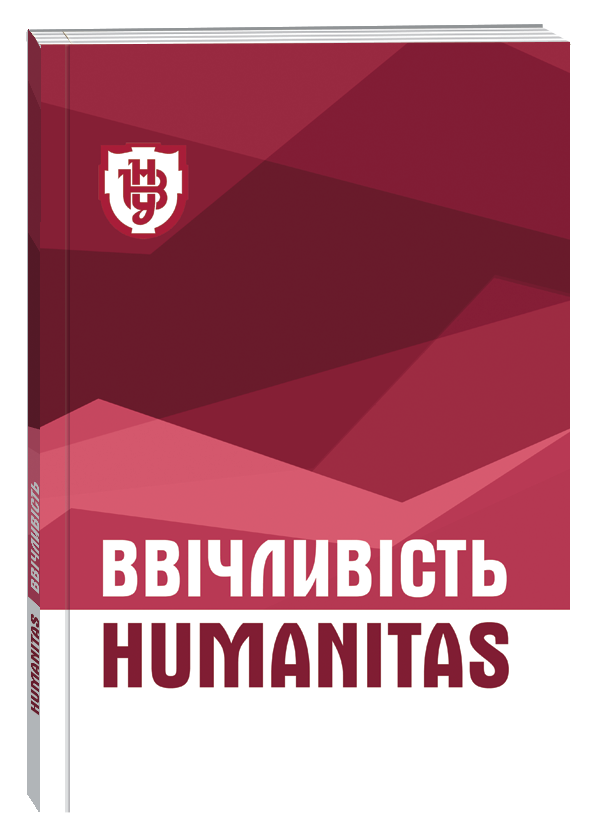MEANS OF FORMING THE CONFLICT LOGICAL COMPETENCE OF STUDENTS OF THE SPECIALTY 231 «SOCIAL WORK»
DOI:
https://doi.org/10.32782/humanitas/2022.6.1Keywords:
conflict-related competence, conflict-related culture, professional activity, social worker, social work.Abstract
The current state of development of Ukrainian society is characterized by various clashes of social layers: material, spiritual, industrial, interpersonal relations. Therefore, an important role in the architecture of the professional competence of the future social worker is played by the conflict-related competence, which requires not only thorough conflictrelated knowledge, but also the skills of constructive resolution of professional conflict-related situations, prevention of the development of conflicts, and their timely diagnosis. We explain the topical development of conflict-related competence in the modern realities of military events by the high conflict potential of the social sphere. After all, objective contradictions in the process of professional activity, acquiring a future profession, give conflicts a train of inevitability, and conflict-related competence is an extremely important component of the professionalism of a social worker. That is why we consider the purposeful organization of work on the formation of conflict-related competence to be a priority during the preparation of a student of the specialty 231 «Social Work» of a higher education institution for professional activity in the social field. We interpret conflictological competence as an important level of awareness of a specialist in the social sphere about the range of correct strategies of conflict parties and the ability to act constructively in conflict situations. An analysis of the approaches to the formation of the conflict-related competence of the individual is presented, we must emphasize that according to the approaches, it is interpreted as a subsystem of professionalism, in the age aspect, in the system of professional competence of students.We visualized the structure of conflict-related competence, with detailed comments on each of its elements. A model of the formation of the outlined phenomenon in future social workers is presented, which provides for the goal, tasks, conditions and main directions. We must emphasize that the conditions for the formation of constructive conflict among students during education are as follows: the development of intellectual activity, the formation of critical thinking, subjectivity orientation, dialogization of the educational process, interdisciplinary connections.
References
Бортун Б.О. Конфліктологічна компетентність сучасного молодого вченого. Mолодий вчений модерну – фундамент розвитку освіти, науки та бізнесу в Україні: Матеріали ІІ Всеукраїнської науково-практичної онлайн- конференції (25 листопада 2020 року, м. Дніпро). Дніпро: КЗВО «ДАНО» ДОР», 2020. С. 227‒232.
Бутиліна О., Радченко Н. Розвиток softskills як чинник підвищення ефективності діяльності соціальних працівників. URL: https://periodicals.karazin. ua/socioprostir/article/view/15725 (дата звернення: 17.01.2023).
Власенко І. А. Конфліктологічна компетентність студентів: умови та програма формування. Теорія і практика сучасної психології. Т. 1. № 1. 2020. С. 155‒161.
Котлова Л.О. Формування конфліктологічної компетентності студентів як чинника їх особистісного розвитку. Наука і освіта. №5. 2014. С. 162‒168.
Філь С. С. Визначення, зміст та структура конфліктологічної компетентності студентів – майбутніх фахівців соціономічних професій. НАУКОВІ ЗАПИСКИ НаУКМА. Т. 123. 2011. С. 21‒24.
Ярослав Л. О. Конфліктологічна компетентність як предмет психологічного дослідження. Вісник НТУУ «КПІ». Філософія. Психологія. Педагогіка : збірник наукових праць. 2009. № 1(25). С. 116–119.







